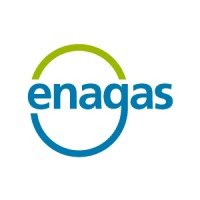NextChem receives €194 million grant under IPCEI Hy2USE
The grant will be disbursed during the construction phases of the plant.

Maire Tecnimont S.p.A. announces that its subsidiary NextChem has been assigned a €194 million grant for developing a waste-to-hydrogen plant as part of the IPCEI Hy2Use EU project.
The project sets up the Hydrogen Valley in Rome, the first industrial-scale technological hub for developing the national supply chain for the production, transport, storage and use of hydrogen for the decarbonization of industrial processes and sustainable mobility.
The next steps concern the start of the project activities and all the necessary permits to ensure the plant start-up in the first half of 2027, in compliance with the funding.
In the initial phase, a production of 1,500 tons/year of hydrogen and 55,000 tons/year of ethanol is expected. The hydrogen production will grow according to its demand, up to 20,000 tons per year, proportionally reducing the volumes of ethanol. Owing to NextChem’s proprietary technology, developed by its subsidiary MyRechemical, the plant will use 200,000 tons/year of non-recyclable solid waste as raw material, thus also contributing to optimizing the waste treatment cycle in Rome through a conversion process significantly reducing total CO2 emissions.
The European project also includes approximately €4 million for additional research and development activities in waste-to-hydrogen technology, leveraging scientific partners such as Enea, Fondazione Bruno Kessler and La Sapienza University of Rome.
The non-repayable IPCEI grant supports the activities of the parties involved in implementing Important Projects of Common European Interest (IPCEI). The Fund, supported by the Italian Ministry of Economic Development, will allow Maire Tecnimont Group’s industrial model to become a worldwide best practice for the valorization of waste and the production of hydrogen and other chemicals, while significantly reducing CO2 emissions.
Alessandro Bernini, CEO of Maire Tecnimont Group and of NextChem, said, “This project, which is unique in the world, represents a milestone in the development of technologies combining circular economy and green chemistry.”
